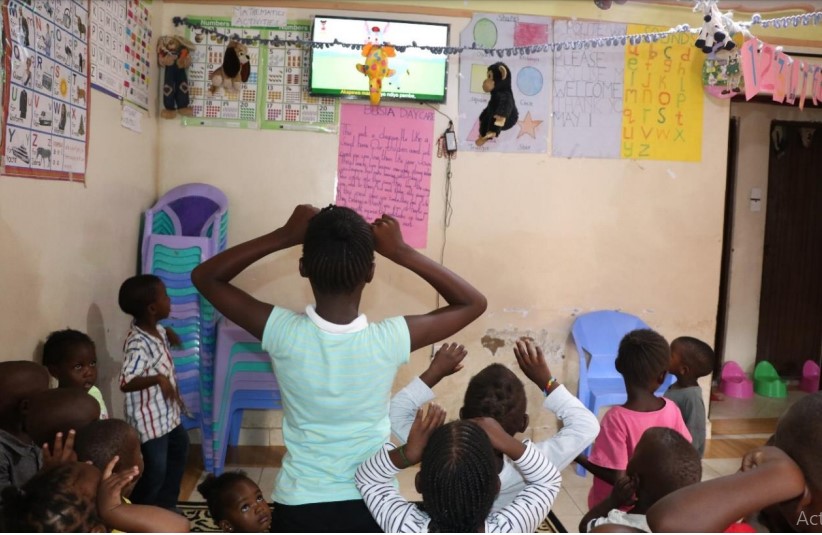Childcare has gained traction in the recent times as the need for childcare services has increased. Globally, over 40% of all children under primary school require structured childcare but lack access to it. While taking care of children is fundamental to their well-being, there is a consensus in the literature that the amount of time allocated to care work is negatively correlated with female labour force participation. For children below three years, the provision of subsidized early childcare services still remains a huge gap. Although some privately owned early childcare services exist in Kenya, they remain few and far very expensive, a factor which has constrained their access by women who have children under four years of age and are involved in micro–small–sized enterprises or employed in the informal sector.
Effects of accessing childcare services on women’s economic empowerment 24th October 2024
Effects of accessing childcare services on women’s economic empowerment 24th October 2024
-
November 2, 2024
- Posted by: awsc-admin

In 2022, UoN WEE Hub, in collaboration with the Kenya National Bureau of Standards, conducted a study among women involved in cross-border trade in Busia County and Namanga counties, Kenya’s two largest border crossing towns. This study aimed to analyze the participation of women in crossborder trade and establish the challenges women face in cross-border trade. Although several challenges were identified in this study, the study also established the need for child care for women and men involved in cross-border trade as a necessity, with 47 percent of businesswomen interviewed saying they needed child care but was not able to access it mainly due to unavailability, quality and cost concerns. Only 10 percent of the respondents reported being able to access a daycare or employ a house help. As a coping strategy, 40 percent of these women traders either go to work with the children or leave the child(ren) with relatives or friends, a factor that affected their concentration on the business as they opened their business late, or closed early, spend time on telephone addressing childcare issues, while sometimes missed work altogether. 94 percent of those women traders observed that childcare responsibilities have negatively affected their business.
Having established the need for childcare in Busia, UoN WEE Hub, in partnership with the Collaborative Centre for Gender and Development (CCGD), the Ministry of East African Community, Arid and SemiArid Lands (ASALs), and Regional Development, and the association of women in cross-border trade established a childcare centre at the Busia border in 2021. This facility allows women and men involved in cross-border trade to pay KES 50 per day for childcare. This study analyzes this childcare center’s effects on women’s businesses one year after benefiting from the facility
This monitoring study aims to assess the effects of the childcare service on the growth of businesses one year after accessing the childcare facility.
The specific objectives of the study are to:
- Assess the effects of accessing childcare on the participation of women in cross-border trade;
- Analyze the effects of childcare on the growth of beneficiaries’ businesses;
- Analyze the shift in gender norms, and;
- Analyze the impact of daycare on reduced gender-based violence (GBV) among men, women
and children.
